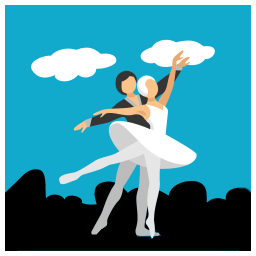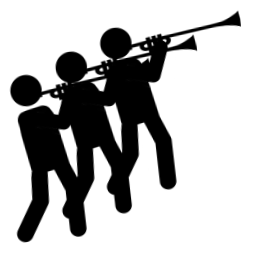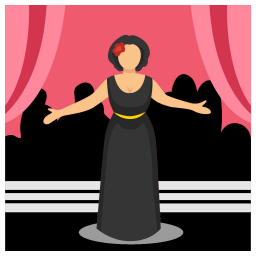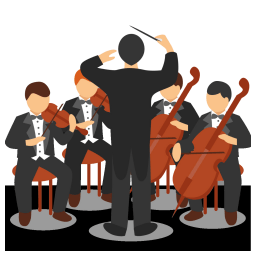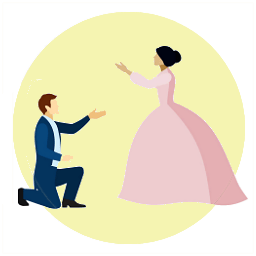Aria is the Italian word for "air." In musical circles, an aria is a melodic vocal solo. The soloist portrays the feelings or mood of the characters in an opera or oratorio, thereby expressing the emotions of the characters in the story. The aria offers the singer the...
Ballet has been entertaining audiences for over 400 years, since the 17th century though other forms of theatrical dancing date back as far as ancient Greece. French composers Jean-Baptiste Lully and Jean-Phillippe Rameau are given credit for incorporating..
The chorale is a German-Protestant hymn. In efforts to coerce the congregation into more participation, musician, composer, and religious reformer Martin Luther wrote the first known chorales in the early 16th century.
A Fanfare is a flourish of trumpets or other brass instruments often with percussion accompaniment. It is a kind of announcement or introduction to an important event or ceremony of significance such as the King's entrance or other dignitary..
In simple terms, Opera is a musical theatrical drama in which the actors are singers. The majority of acting parts will be sung as opposed to spoken as in a play. Opera has been famously loved for centuries for its wealth of style..
The Operetta is a newcomer of musical forms born in mid 1850s France. Like it’s predecessor opera, the operetta was immediately popular as a light form of comic opera with singing actors and dance. The first great operetta..
The Overture is an introduction into a more dramatic musical performance such as an opera or ballet. Some overtures are used in concert as a complete stand alone composition. Early overtures began with a fast moving style..
In musical circles, a Rhapsody is a single movement instrumental, irregular in form and of a free flowing nature, thereby suggestive of improvisation. The musical term rhapsody was used in ancient Greece as a description of..
The musically spoken dialogue or Recitative is a type of vocal music representing conversation. Like opera, the actors sing their parts yet differ from opera in that the actors in recitatives speak in a musical manner of tones; each..
The Singspiel, German for "play with singing," originated in the mid 16th century with upcoming Austrian and German composers. During this period numerous comic singspiel compositions were produced. The singspiel form as we...



